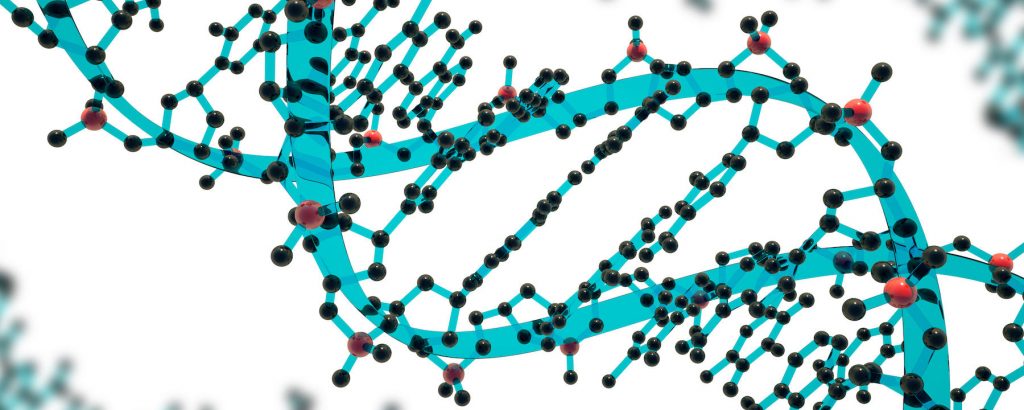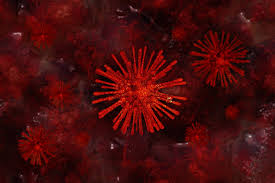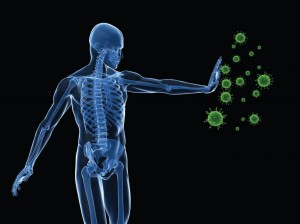In late 2017, scientists first began attempting to edit the genes of adults to treat rare genetic disorders. Preliminary results from a clinical trial, shared by the researchers at the WORLDSymposium conference in Orlando, Florida, last week (February 7), suggest success in actually altering the DNA, although it’s still unclear whether the intervention will help the patients, reports The Associated Press.
The men enrolled in the studies by the company Sangamo include eight patients with Hunter syndrome and three with Hurler syndrome, according to the AP. These are rare metabolic disorders caused by mutations that leave the men without an enzyme needed to break down certain polysaccharides. In turn, sugars accumulate in the body, leading to organ damage and often early death.
Scientists are using zinc finger nucleases delivered by a virus to cut the defective gene at specific locations and replace it with a corrected code. The technology has similarities to CRISPR-Cas9, but is a little more difficult to develop.
See “Man Receives First In Vivo Gene-Editing Therapy”
Scientists administered the gene editing at a low, medium, or high dose through an IV. Tests show that two men who had received the middle-dose treatment for Hunter syndrome had low levels of the corrected gene in their tissues, while one man given the low dose did not. Results are still forthcoming for the other test conditions. Most patients in the trial did not experience health problems related to the gene therapy. However, one man showed signs of an immune response and received treatment for it, according to the AP.
A few of the Hunter patients experienced a boost in the level of the missing enzyme, but none reached the typical level of unaffected people. Preliminary results from those treated for Hurler syndrome showed an uptick to normal levels.
“It looks like it’s safe . . . that’s a very positive sign,” Kiran Musunuru of the University of Pennsylvania who was not involved with the work tells the AP. Musunuru says the results are promising, but that the patients need to be studied for more time before it’s clear whether the treatments are helping them.
Related to another clinical trial, the company UniQure reported Friday (February 8) that 12 weeks after it was given to patients with hemophilia B, a gene therapy raised the levels of a protein called factor IX, or FIX, that aids in blood clotting, Reuters reports.
The therapy, called AMT-061, uses a viral vector that carries the editing equipment and the correct sequence. It was administered to three patients, according to a statement from the company. “The study demonstrates AMT-061 has the potential to increase FIX activity into the normal range and continues to be very well tolerated, with no serious adverse events reported and no patients requiring any immunosuppression therapy,” says Robert Gut, UniQure’s chief medical officer, in the statement. It’s not clear yet whether the participants in the study experienced any clinical benefit.







